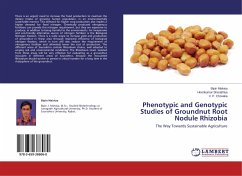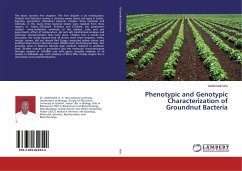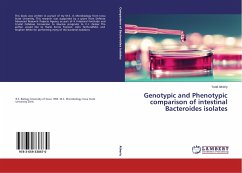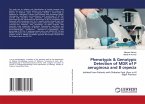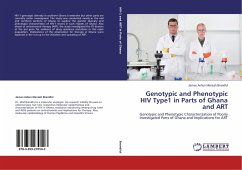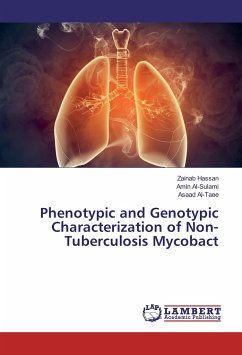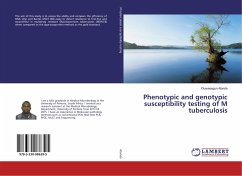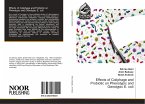There is an urgent need to increase the food production to maintain the dietary intake of growing human population, in an environmentally sustainable manner. This demand for higher crop production also implies a higher demand for fixed nitrogen. Chemically produced nitrogenous fertilizers can provide this nitrogen requirement, but they are expensive to produce, in addition to being harmful to the environments. An inexpensive and eco-friendly alternative source of nitrogen fertilizer is the Biological Nitrogen Fixation. There is a wide scope to increase yield and production of groundnut in these area through improved efficiency of biological nitrogen fixation, which in turn will also reduce the requirement of nitrogenous fertilizer and ultimately lower the cost of production. The different areas of Saurashtra contain Rhizobium strains, well adapted to varying soil and environmental conditions. The Rhizobium strain isolated from these areas will be very effective for evaluating as a groundnut inoculant in different areas of Saurashtra, because the inoculated Rhizobium should survive or persist in critical number for a long time in the rhizosphere of the groundnut.
Bitte wählen Sie Ihr Anliegen aus.
Rechnungen
Retourenschein anfordern
Bestellstatus
Storno

